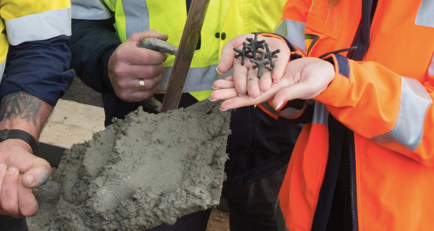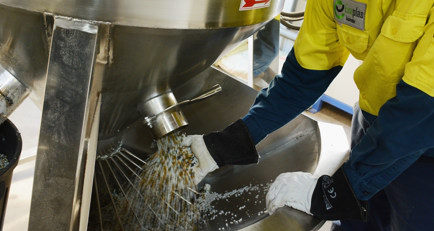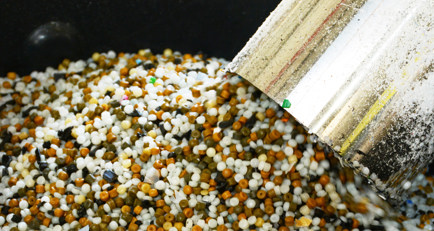Circular procurement is an approach to purchasing works, goods and services that accelerates the transition to a more circular economy. The goal is to reduce reliance on virgin materials, keep materials in use for longer, and support businesses which promote circular business models.
Circular procurement can include rethinking the need for purchase, the use of shared ownership models, reuse or refurbishment of existing assets, choosing services instead of products, and purchasing recycled content products. It’s also important to plan for the end of life, to ensure the works or goods can continue to provide value in a reused, refurbished or recycled form in future lives.
Buying refurbished, reused, and recycled products is an important part of the circular economy, as it keeps resources in use for longer, reducing both the need for virgin materials and the waste disposed of to landfill. In 2020–21, South Australia had a resource recovery rate of 83.3%, with 89% of these resources recycled in South Australia. Purchasing from local recycling and refurbishment businesses can further increase this rate, support the industry, and provide economic benefit to the state and jobs for South Australians.
The waste hierarchy is a useful guide for circular procurement, with the focus on avoiding, reducing, and reusing waste where possible. This concept has been further explored in the sustainable procurement hierarchy by WRAP UK, which shows the most preferred methods of achieving circular and sustainable outcomes through procurements.
Any organisation can get started on the circular procurement journey, no matter the size or industry. Whether you are a major construction project buying recycled content concrete, a small business using refurbished furniture in an office fit-out, a hospitality venue transitioning to reusable packaging for your supplies, or a government department keeping uniforms in use for longer, there are opportunities for everyone to be more circular in procurement.
Explore the knowledge hub below to find tools, guidelines, case studies and training which will help you incorporate circular economy principles into your procurement and achieve your sustainability goals.

Tools, policies and guidelines
Tools, policies and guidelines developed to help organisations achieve sustainable procurement outcomes.
Learn more
Circular procurement in action
Learn how South Australian organisations have put the principles of circular procurement into action.
Learn more
Circular products
Browse products made from recycled materials, to help kickstart your circular procurement journey.
Learn more
Circular procurement opportunities
Learn how SA organisations can capitalise on the opportunities of circular procurement.
Learn more





